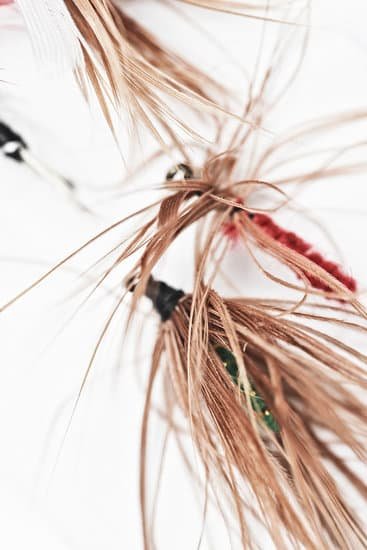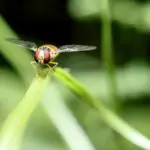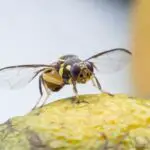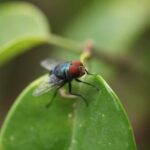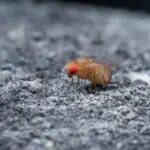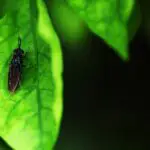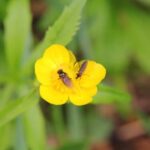How Do Fly Bites Affect Horses?
Fly bites can be painful for horses, especially during fly season. When flies bite the conjunctiva of the eye, they feed on the tears, which can lead to inflammation. This inflammation can block the nasolacrimal duct, causing excessive tearing. Your veterinarian can open the duct and prescribe antibiotics or steroids to relieve the discomfort.
Horseflies prefer to feed on plant nectar, but also feed on horse blood. Their larvae need a blood meal in order to lay their eggs. They can cause fatigue and infection, as well as attract other blood-sucking insects. If your horses live in pastures with other horses, you should make sure you get rid of any breeding grounds for horseflies.
Fortunately, there are many ways to control the number of flies in your stable. Cleaning and spreading manure are two simple ways to reduce the risk of fly bites. You can also compost the manure to reduce its presence and prevent the flies from reproducing there. However, it’s important to remember that manure in large piles is a prime breeding ground for flies.
Horses can also become infected with certain diseases spread by flies. Some of these include anemia, conjunctivitis, eye worms, and anthrax. Infection with flies is highly unpleasant for your horses and can lead to lameness or death.
